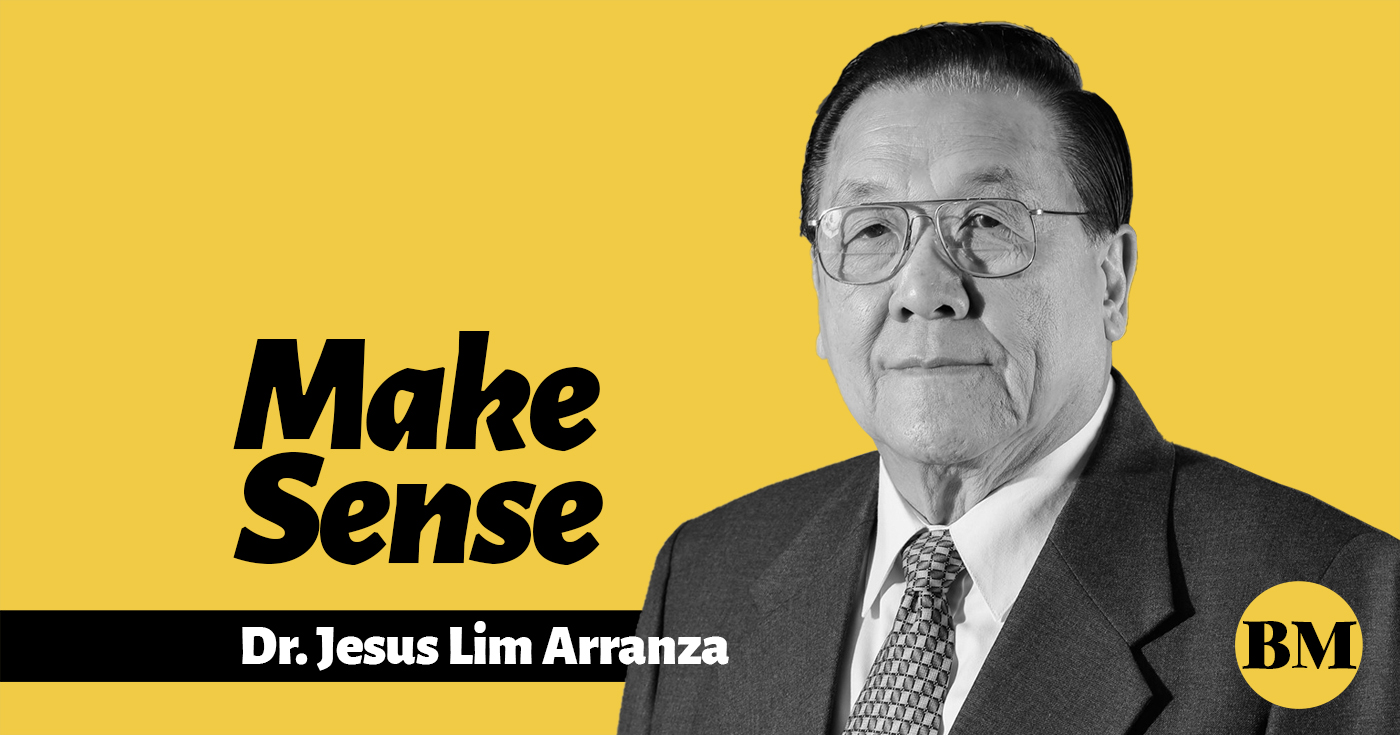
On the other hand, abuse of dominant position covers imposition of barriers to the entry of new players or preventing current players from increasing their market share, selling goods below market prices in order to stop competition and restricting sales in an anticompetitive way.
Recently, we were made aware of the plans of the Philippine Competition Commission (PCC) to raise the threshold for deals that need its approval as part of its new mergers and acquisition rules. The reasons behind these, per Chairman Arsenio Balisacan, are rapid economic growth, growing inflation rate and the difference in the way the economy is structured right now. The threshold for deals have been there for quite some time and given that the P1-billion threshold was too low, many approvals are now pending before the PCC. Many companies engaged in mergers, joinders and other similar activities are being negatively impacted due to delays in the approval process. Data updates show that around 130 or more deals are with the PCL and many are still being studied or recommendations being prepared.
The proposed modifications to the rules, among others, pertain to early case termination, exemptions for merger notification, leniency measures like fine reduction or immunity of suit to be granted to entities, which disclose critical information and inspection guidelines when the PCC decides to do site visits or examinations. These mechanisms are not new in the business world. In fact, different antitrust bodies in Europe, Asia Pacific and even in the United States have these salient provisions in their own laws. The results are positive and encouraging because corporations are quickly drawing up their own antitrust compliance programs and are fully embracing the ethical culture that these kinds of laws have brought about.
That the antitrust drive of our government is serious was demonstrated about three weeks ago, when the PCC declared void Udenna Corp.’s $120-million acquisition of the shares of a Dutch company that made its owner a partial owner of 2Go Group Inc. The violation revolves around the requirement of the PCC that a notification be made where a transaction’s value is more than P1 billion, a deal that was done two years ago. A fine of almost $19 million was also imposed on Udenna and the Dutch company.
Lessons learned in the antitrust space should not be construed as anti-business or anti-investor. Competition is always a positive boost to the business and the consumer. On the contrary, killing competition kills the flourishing of the economy. When more businesses compete, the more they improve their service, provide more perks and choices to the public, invest in research and development to delight the customer, and, in the end, result to a reduction in prices. This chain of satisfaction is like a virus that spreads quickly and expansively.
The economy wakes up from deep slumber and consumes the rays of sunshine emitted by a busy, bustling, energized market.

























